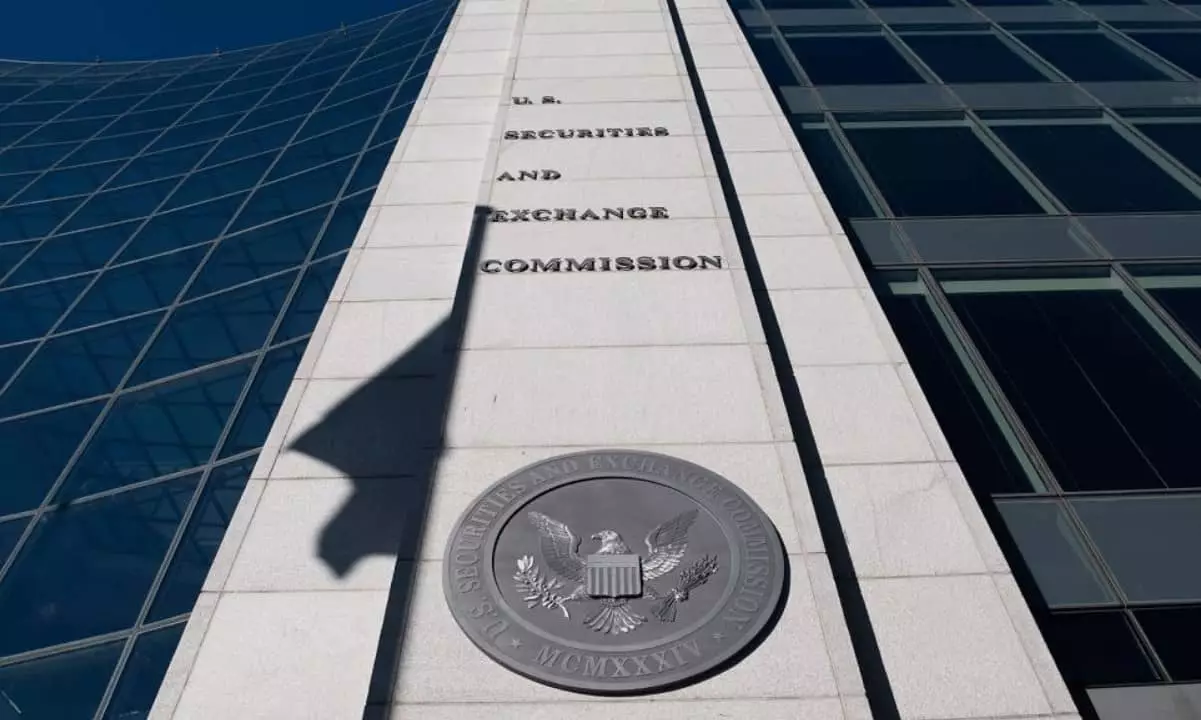Recently, the U.S. District Court for the District of Utah made a significant decision to dismiss the Securities and Exchange Commission’s (SEC) case against Digital Licensing, known as Debt Box. Along with the dismissal, the judge has ordered the SEC to pay around $1.8 million in attorney and receivership fees. This comes after the SEC’s legal battle against Debt Box, which has been ongoing since July 2023.
Judge Shelby’s ruling of the case without prejudice was a blow to the SEC, as it signifies the closing of the case and any future actions by the SEC would have to go through Judge Shelby. The decision to order the SEC to pay for attorney fees and receiver fees was a result of the court’s findings of “bad faith conduct” on the part of the SEC in regards to a temporary restraining order and asset freeze placed on Debt Box.
This case has sparked discussions within the cryptocurrency community about regulatory oversight and overreach. Many see this as an example of the SEC overstepping its boundaries in its legal pursuit of crypto-related companies. The SEC’s ongoing legal battles with other crypto firms such as Binance, Kraken, Ripple, and Coinbase have put a spotlight on the need for regulatory clarity when it comes to digital assets.
Debt Box’s team has hailed the court’s decision as a “monumental victory” for their company, the entire cryptocurrency industry, and their community. They have emphasized the importance of integrity and fairness in regulatory practices, urging for transparency and accountability in future dealings between regulatory bodies and crypto firms.
The dismissal of the SEC’s case against Debt Box is a significant win for the cryptocurrency community and a reminder of the importance of due process and ethical conduct in regulatory actions. This case serves as a warning to regulatory bodies to uphold integrity and fairness in their dealings with crypto companies to ensure a balanced and just regulatory environment for all parties involved.

